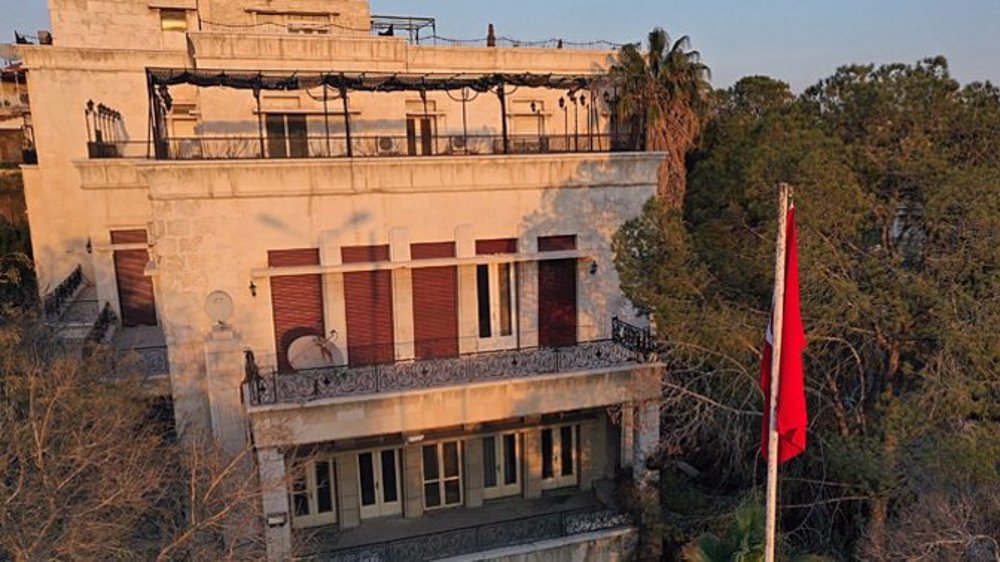Danish FM gives reassurances to Turkey on EU deal granting Turks visa-free travel
Denmark says Brussels will keep its promise to grant Turks visa-free travel to the European Union, if Ankara carries out its side of a controversial deal to stem the flow of refugees into the EU countries.
"It is important to me to underline that the European Union will stand by its agreements with Turkey,” Danish Foreign Minister Kristian Jensen said at a joint press conference with his Turkish counterpart Mevlut Cavusoglu in Ankara on Thursday.
“We will stand by our agreement of having cooperation on visa liberation and when Turkey will fulfill the mentioned criteria, we will live up to our part of the agreement," he added.
Jensen emphasized that the full implementation of the EU-Turkey deal was of utmost importance for all members of the bloc.
The EU has been shaken by an influx of refugees, most of them fleeing conflict-ridden zones in the Middle East and North Africa.

In March, Brussels signed a controversial deal with Ankara to stop the flow of refugees in exchange for billions of euros in financial aid to Turkey and the lifting of short-term visa requirements for Turks.
Ankara and Brussels, which are negotiating Turkey’s membership in the EU as well, accuse each other of failing to keep their end of the bargain.
Turkey says Brussels has reneged on the deal as it has not changed its rules to allow visa-free access to the EU countries for 77 million Turks.
The EU, in return, blames Turkey for not altering its strict laws and policies to meet European standards.
In August, Cavusoglu said that if the visa agreement is not implemented by October, Ankara would withdraw from the refugee deal with the EU.
The deal has sparked criticism from the UN which has warned that the agreement could lead to “collective expulsions” of war-hit people in violation of international law.
Human rights groups have also denounced the fragile deal, with Amnesty International accusing the EU of turning "its back on a global refugee crisis."
Many blame the West for the refugee crisis in Europe, saying Western policies have led to a surge in conflicts in the Middle East and North Africa, forcing millions of people to flee their homes to the EU countries.
US fighter aircraft shot down ‘in friendly fire’ amid aggression on Yemen
Yemeni FM: Israel’s sponsors accountable for ongoing aggression on Sana’a
Eight Palestinians killed as Israel attacks Gaza school, hospitals
VIDEO | Rome, Milan host new protests in solidarity with Palestinians
Dec. 21: ‘Axis of Resistance’ operations against Israeli occupation
Spain jurists demand ties with Israel ties be cut
VIDEO | Press TV's news headlines
VIDEO | Iran honors top Science Olympiad medalists














 This makes it easy to access the Press TV website
This makes it easy to access the Press TV website